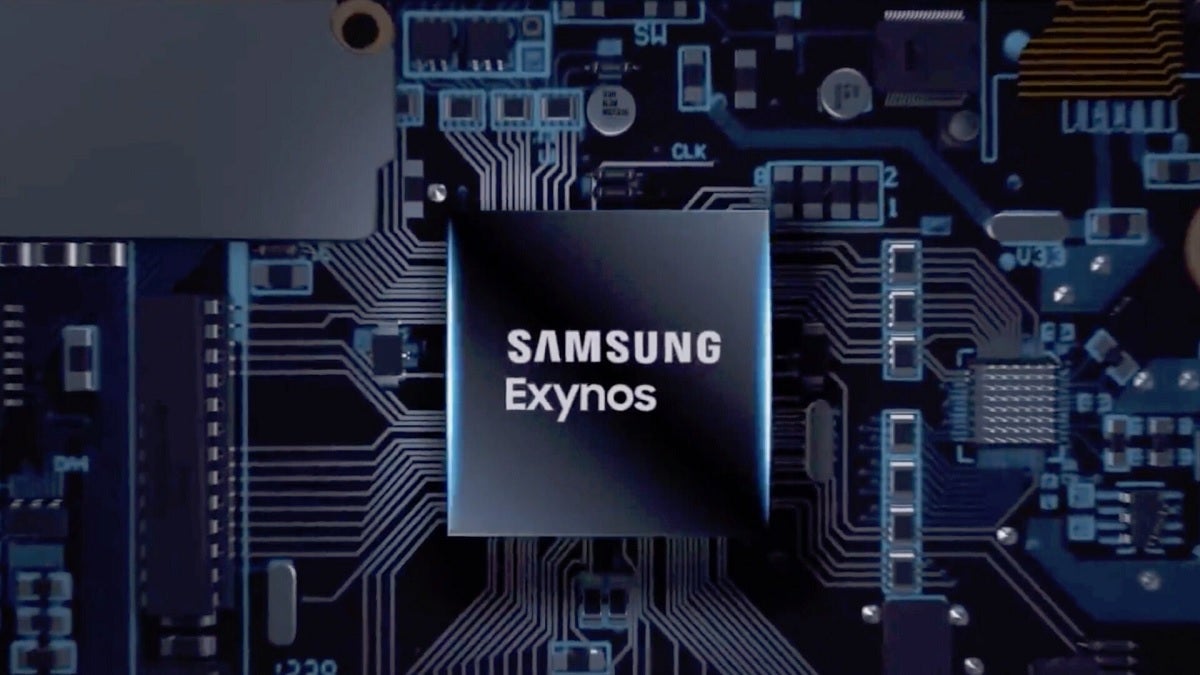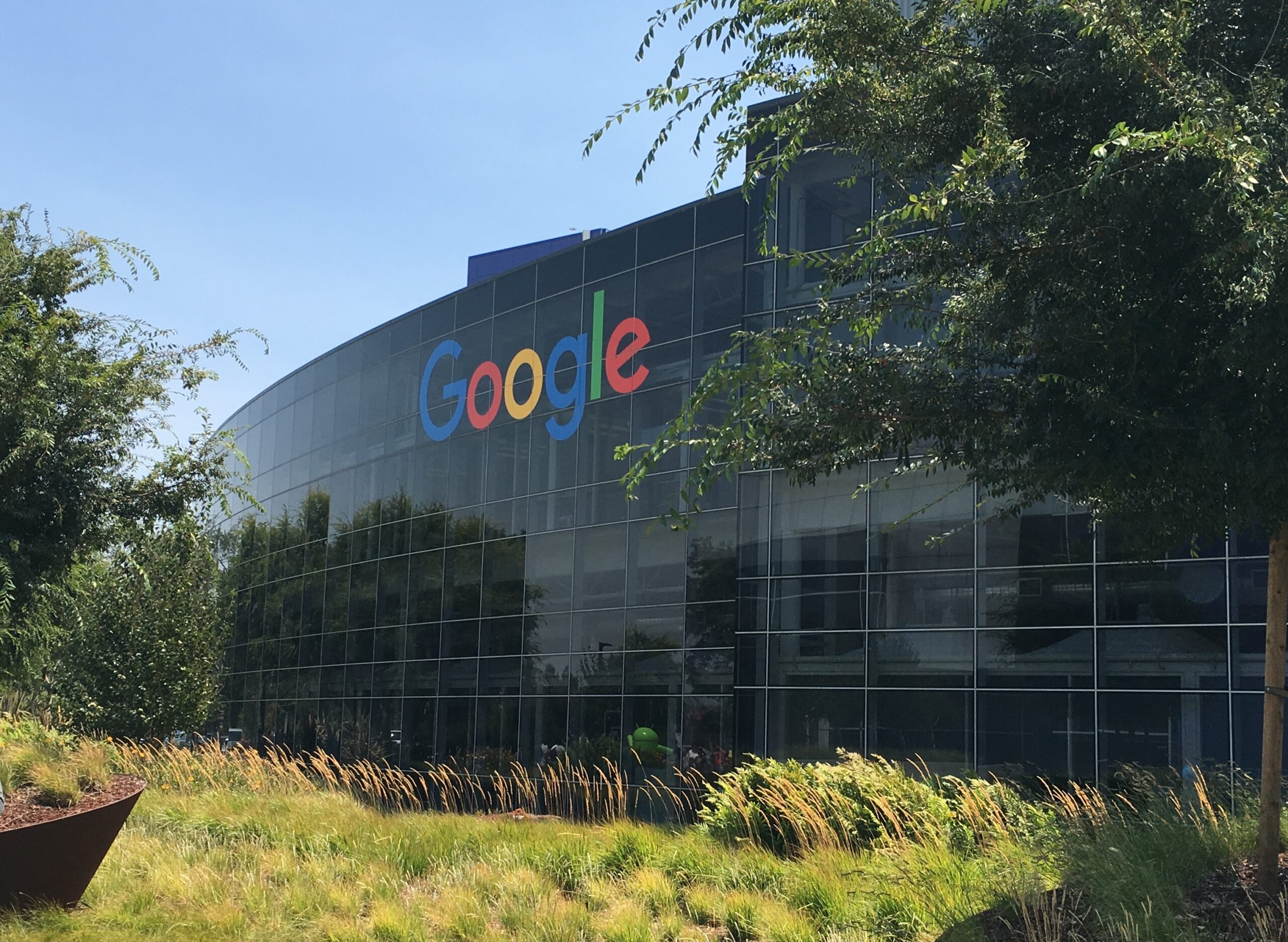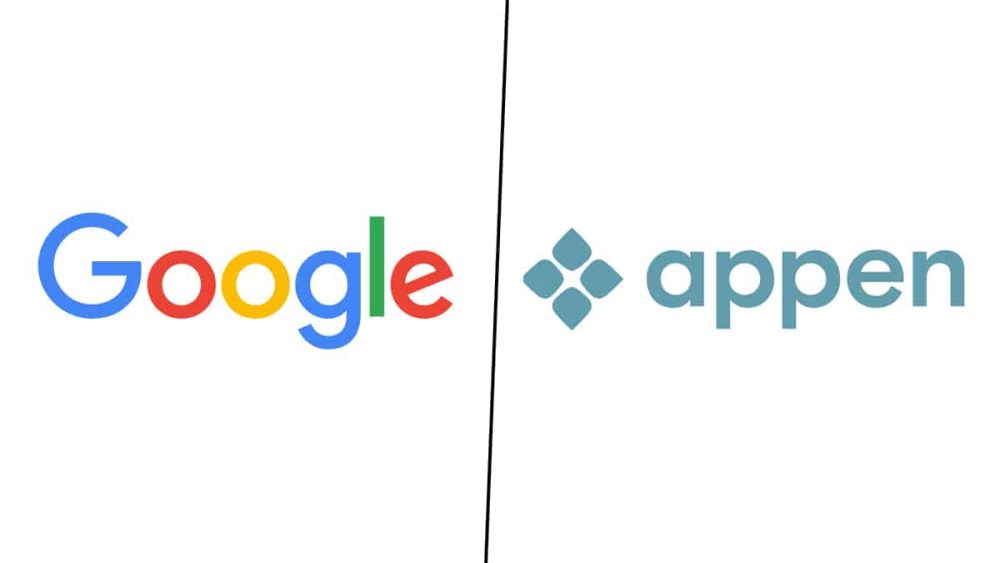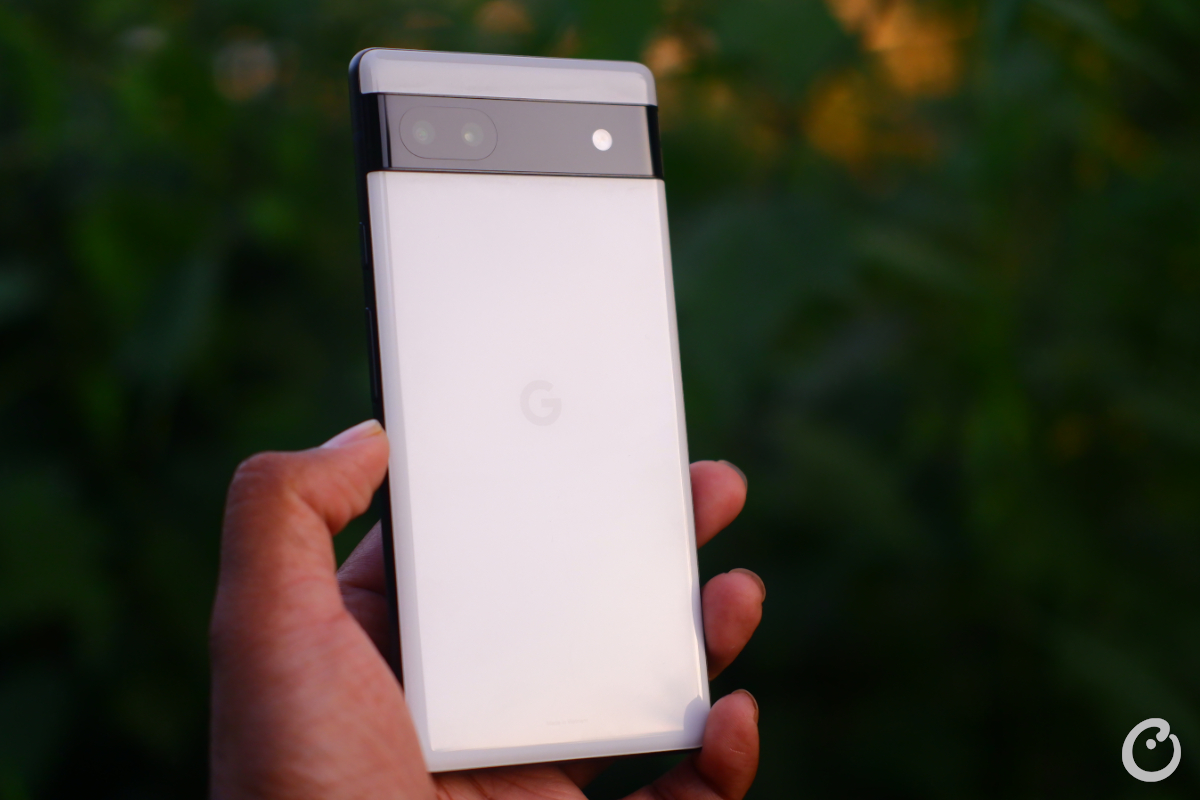On Wednesday, Google unveiled its latest venture into artificial intelligence with the introduction of Project Gemini. This AI model is designed to emulate human behavior, sparking discussions about the potential benefits and risks associated with this technology.
The launch of Project Gemini will be carried out in phases, initially incorporating less sophisticated versions called “Nano” and “Pro” into Google’s AI-powered chatbot, Bard, and the Pixel 8 Pro smartphone. With Gemini’s assistance, Google promises enhanced intuitiveness and improved planning capabilities for Bard. On the Pixel 8 Pro, Gemini will swiftly summarize device recordings and offer automatic replies on messaging services, starting with WhatsApp.
The most significant advancements of Gemini are expected early next year when the Ultra model will be employed to launch “Bard Advanced,” an upgraded version of the chatbot available to a select test audience. Initially functioning in English globally, Google assures that Gemini will eventually support other languages.
Gemini’s capabilities include unprecedented AI multitasking, demonstrated by simultaneous recognition and understanding of presentations involving text, photos, and video. Google plans to integrate Gemini into its search engine, though the exact timing remains unspecified.
According to Demis Hassabis, CEO of Google DeepMind, the AI division behind Gemini, the technology excels in problem-solving, particularly in math and physics. Optimists anticipate potential scientific breakthroughs, while critics express concerns about AI surpassing human intelligence, potentially leading to job losses and harmful behaviors.
Google’s CEO, Sundar Pichai, emphasizes a bold yet responsible approach, aiming for AI capabilities that benefit society while implementing safeguards. The arrival of Gemini intensifies the ongoing AI competition, with OpenAI, backed by Microsoft, already making strides with its GPT-4 model.
Gemini’s launch follows the rapid development of OpenAI’s GPT-4, which gained attention with the ChatGPT tool. Microsoft’s deepening involvement with OpenAI and its push for commercialization have raised concerns about straying from the non-profit’s original mission. Google’s Gemini release adds to the competition, with executives avoiding direct comparisons with GPT-4 and withholding specific technical details in a recent virtual press conference.





